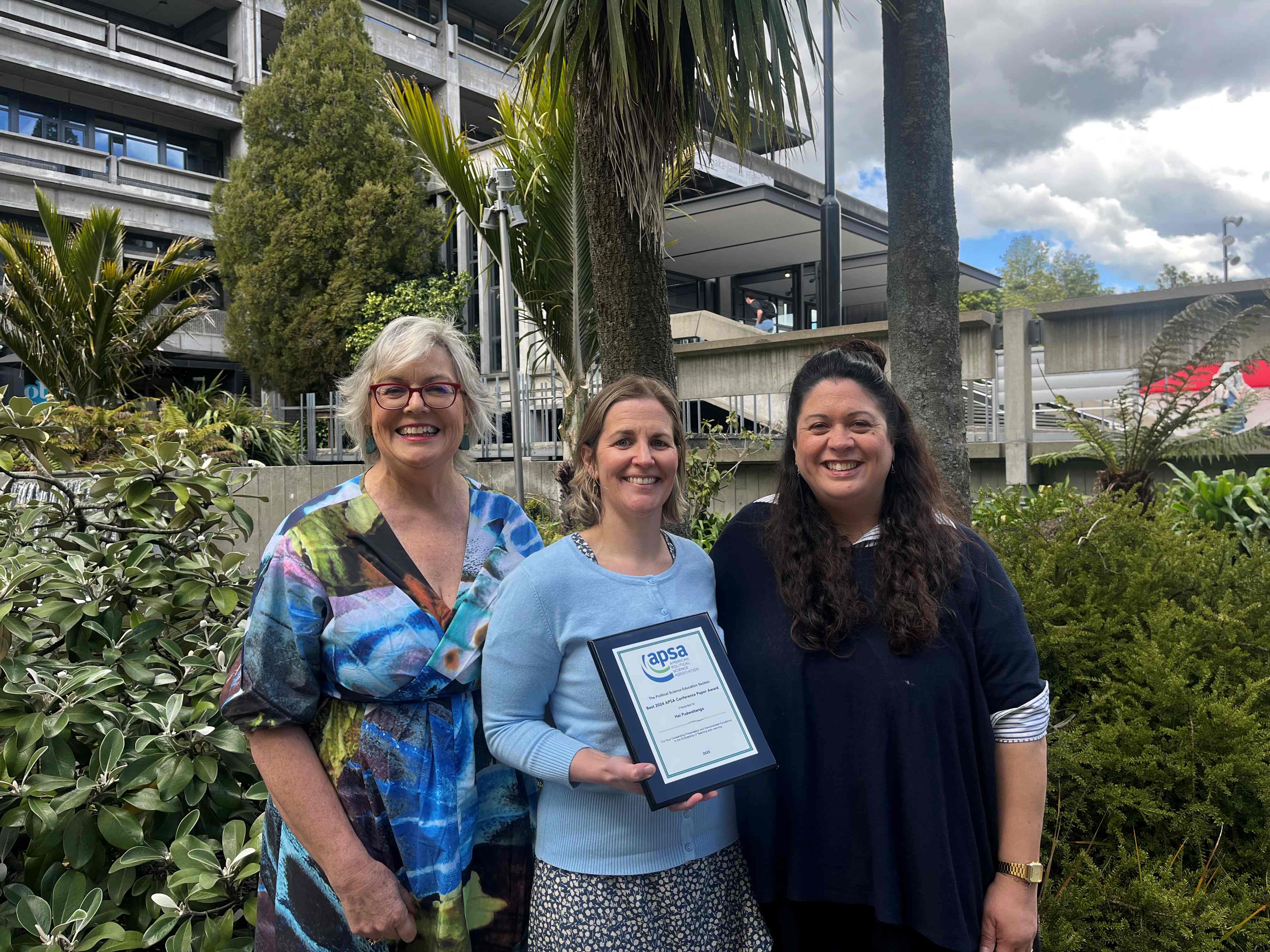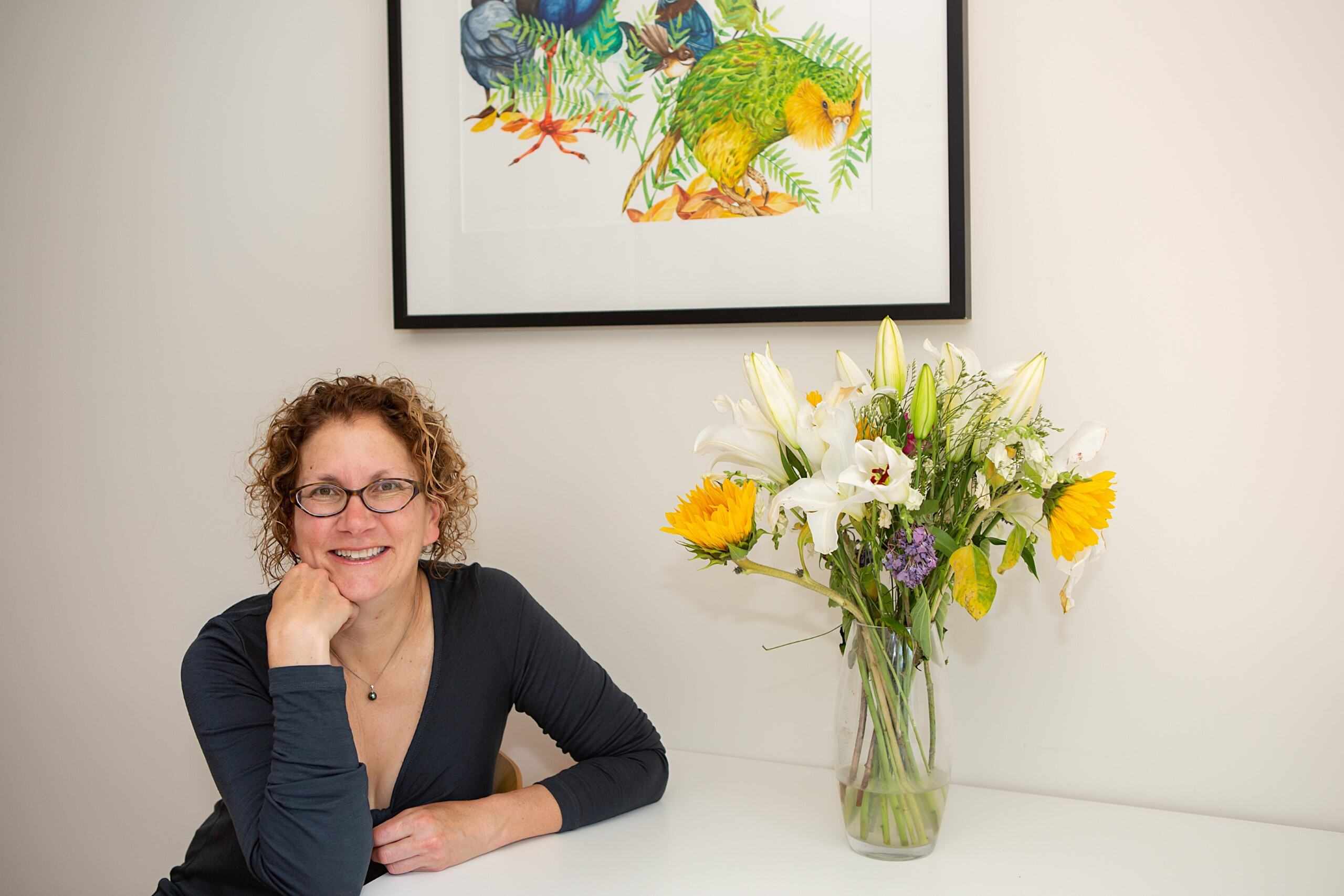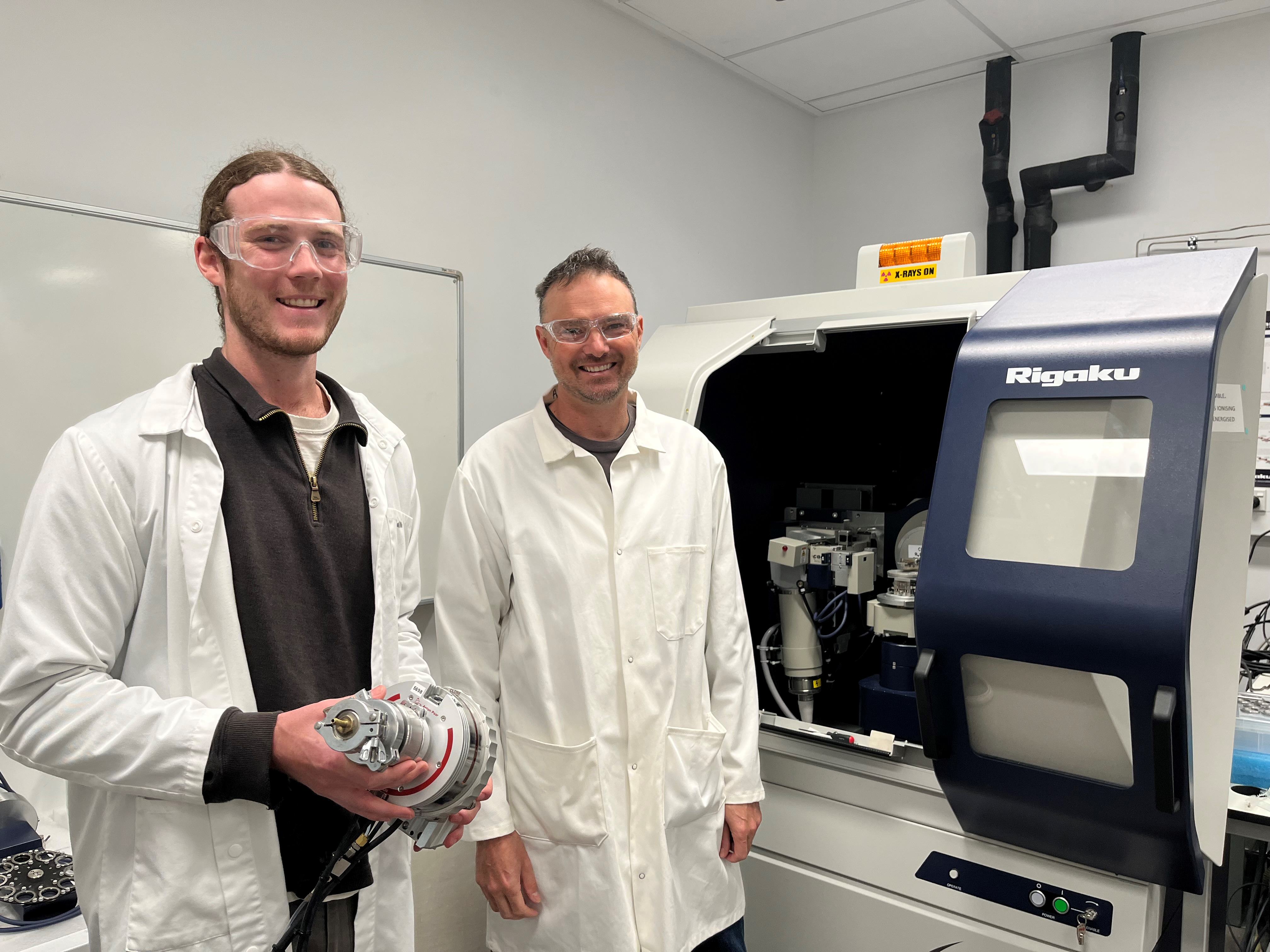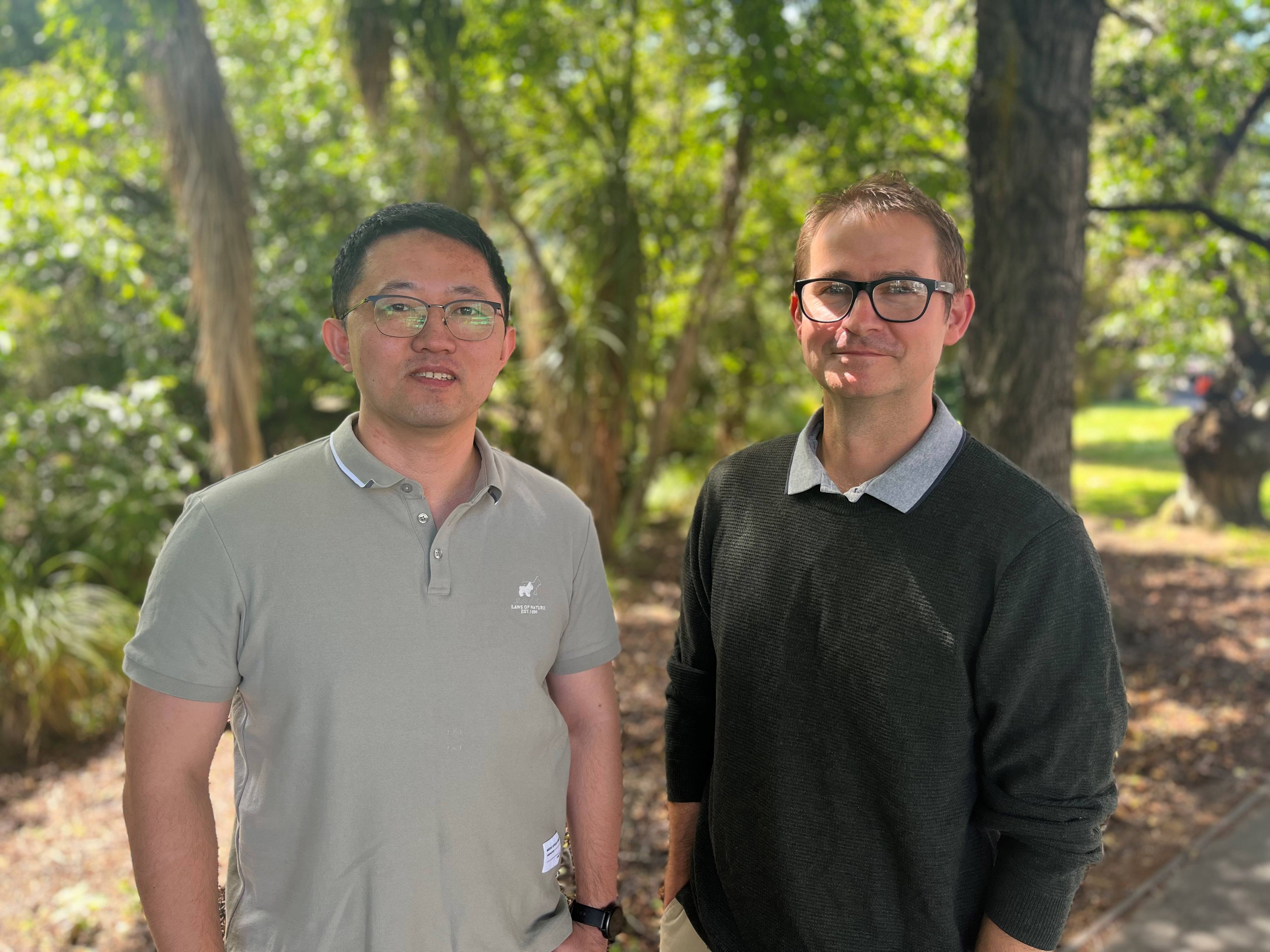University of Canterbury researcher, Associate Professor Catherine Bishop, has been awarded a grant of $774,000 from Te Pūtea Rangahau a Marsden, the Marsden Fund, to study the fundamental properties of ferroelectric degradation and help pave the way to a more sustainable future.
Many of the devices we take for granted – in communications, computing, manufacturing and the energy sector – rely on materials that age and degrade electromechanically and most contain toxic lead. If ferroelectric ageing and fatigue could be controlled – and alternatives to lead found – the environmental benefits would be considerable. Scientists have long been searching for lead-free replacements for the most widely used ferroelectric ceramic chemistries. At the same time, they have been seeking answers on ferroelectric degradation, which limits the lifetime of devices.
Associate Professor Catherine Bishop, Postgraduate Director of Studies in Mechanical Engineering at the University of Canterbury, has won Marsden Funding to study the fundamentals of two promising lead-free materials. She hopes to uncover new insights in this complex field that could, in turn, shepherd design of new lead-free electroceramics.
“The goal of this study is to unravel the processes around how these materials degrade and then identify ways to potentially minimise ferroelectric ageing and fatigue. The next step would be targeted development of innovative new lead-free oxide materials,” she says.
“The wide-ranging implications of the research include optimising organic solar cell materials that are only now being recognised as ferroelectric in nature.”










